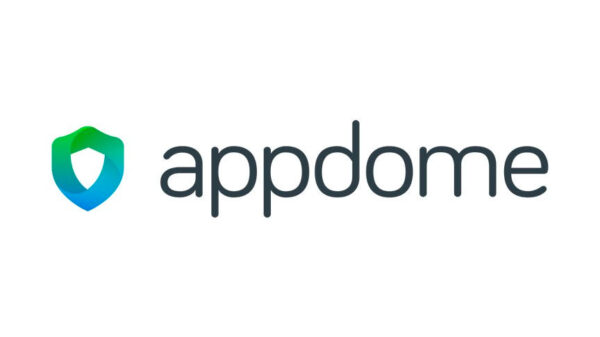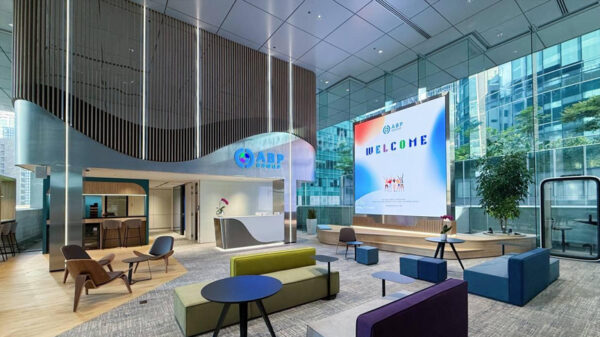An increasing number of organizations are shifting towards hybrid cloud environments, and adopting containerization technologies, resulting in a pressing need for enhanced cloud workload security solutions, a new study has found. Embarking on a mission to explore the complexities of hybrid cloud and cloud-native technologies, Kaspersky and ISG joined forces in a comprehensive research effort to understand an analyze this new environment. Their collaboration involved surveying 310 enterprise leaders, including CISOs and CTOs, responsible for strategic technology investments across a wide range of industries spanning 12 countries.
In collaboration with ISG, Kaspersky has uncovered critical factors shaping the adoption of hybrid cloud and cloud-native technologies among enterprises in their joint research.
Here is a glimpse into the key findings that emerged from this joint research:
The adoption of hybrid cloud and containerization technologies is accelerating
The survey underscores a rapid shift towards hybrid cloud environments and the widespread adoption of containerization technologies. Almost every organization is keen on enhancing its cloud-native capabilities, leveraging both on-premise and cloud infrastructures, and expanding containerized development strategies. With 71% of organizations already using public cloud platforms and 96% planning to embrace cloud-native technologies in the next two years, the momentum is undeniable. Additionally, nearly three-quarters of organizations are preparing to embrace containerization to adapt to dynamically changing workloads.
Security challenges are outpacing cybersecurity solutions
Despite the surge in cloud adoption, cybersecurity solutions are struggling to keep pace with the evolving security challenges associated with hybrid cloud and containerized environments. Half of the surveyed organizations still grapple with data security and compliance challenges, while investing in cloud workload security tools has emerged as a top priority for 54% of respondents.
Reflecting the increasing importance of cloud security measures, three out of five of the research respondents emphasize the urgency of monitoring and proactively addressing runtime misconfigurations of cloud assets. Additionally, 49% of participants anticipate persona-based reporting of threat profiles, while 51% prioritize real-time solutions to track compliance violations and share alerts with security teams. Furthermore, over half of the respondents seek cloud workload security solutions with continuous monitoring and automated response capabilities.
Moreover, as containerization gains traction, 51% of participants intend to invest in solutions for real-time tracking of container compliance violations and alerts, with 43% prioritizing investments in shift-left security protocols.
The evolution of future-ready cloud workload security
According to the survey results, organizations transitioning to hybrid cloud environments and containerization technologies would benefit from a comprehensive security solution. This solution should include constantly updated AI- and ML-powered predictive mechanisms that analyze user behavior to detect and mitigate attacks, thus ensuring robust data protection policies.
Furthermore, integrated customized threat intelligence feeds are crucial for hybrid cloud services, providing real-time, contextually rich threat route analysis within cloud environments, including insights into threat origins, tactics, techniques, and procedures.
Anton Rusakov-Rudenko, Product Marketing Manager, Cloud & Network Security Product Line at Kaspersky, added: “Industry-specific cloud security solutions are recommended to meet unique requirements, ensuring seamless adherence to regulatory frameworks and optimizing enterprises’ success in cloud computing initiatives. In response to the rapid adoption of new technologies, we at Kaspersky have developed the Kaspersky Cloud Workload Security (Kaspersky CWS) ecosystem. Leveraging real-time threat intelligence data and ML algorithms, this ecosystem safeguards workloads across hosts, VMs, or containers, irrespective of deployment in private, public, or hybrid clouds.”
After reviewing the Kaspersky CWS ecosystem’s utility, Partha Chakraborty concluded: “As enterprises navigate the complexities of container and hybrid-cloud environments, Kaspersky’s Cloud Workload Security offers strong protection, guiding them through the operational intricacies with reliability. With out-of-the-box security measures, Kaspersky is empowering organizations to fortify their digital assets, ensuring robust defenses against evolving security threats in the dynamic cloud landscape.”




















































































































